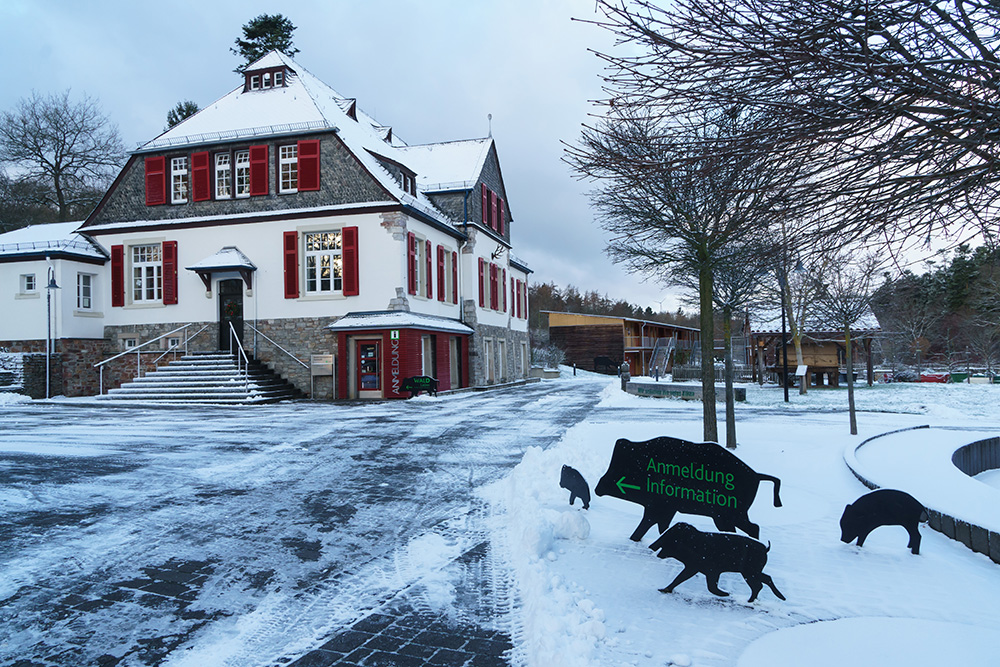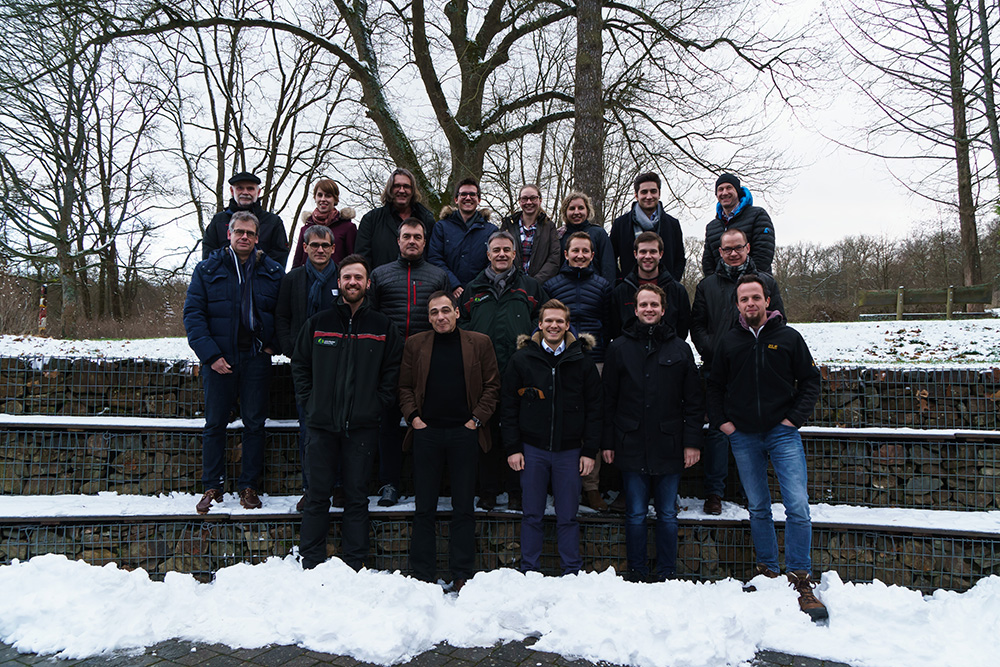The Landesforsten project – Designing new services for the forest maintenance organization of a German state.

Landesforsten Rheinland-Pfalz (RLP) is a public undertaking of the German state of Rhineland-Palatinate reporting to the respective State Ministry for the Environment. Its purpose is to ensure maximum benefit of the forrest to the current as well as the future society. This includes economical aspects such as wood being a raw material as well as ecological and social aspects like forests being a natural habitat and a recreational area.

In their Service Design Thinking project, Landesforsten RLP challenged a team of students from the Karlsruhe Institute of Technology (KIT) and the University of St. Gallen to identify possibilities for Landesforsten services that help to improve the organization’s visibility and perception with the various stakeholders of the forrest, e.g. forest owners, tourism, local visitors. Moreover, the identified opportunities should fit to Landesforsten being an organization that carries out regulatory tasks as well as educational, recreational, or even economically oriented services for the society.

Hence, the team started by asking questions such as
- „Who are the stakeholders of Landesforsten?“
- „What do these stakeholders know about Landesforsten and how do they perceive it?“
- „Is there a need to improve the organization’s image with all stakeholder groups?“
- „What are the stakeholder groups that are economically essential for the organization?“
- „How does the daily life of foresters look like?“ What are their regular challenges?“
- „What are potential levers to provide more benefit to them and the wider society?“

In the course of their project, the team conducted a large number of interviews with majors, tourism managers, residents, representatives of sports clubs and conservational organizations. They accompanied foresters and probably walked a hundreds of kilometers through the Rhineland-Palatinate forest.
